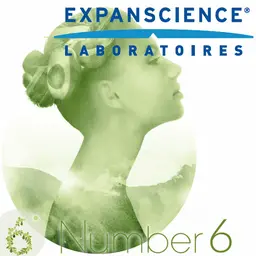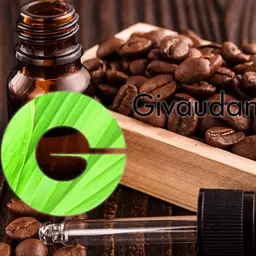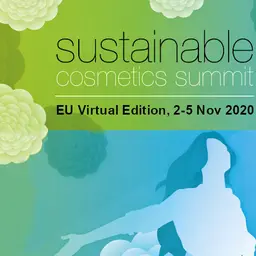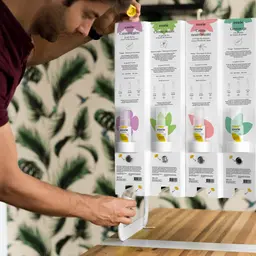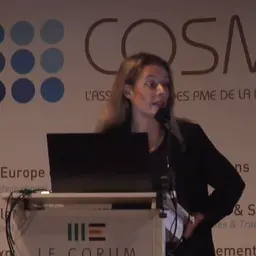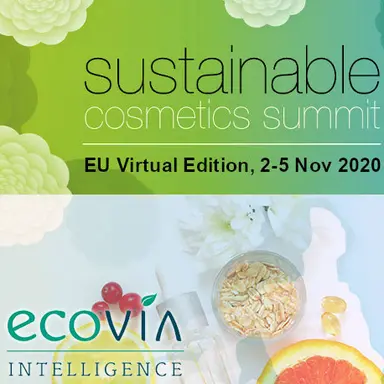
Food byproducts are being increasingly upcycled as raw materials by the cosmetics industry. The trend is gaining impetus as the coronavirus pandemic has shaken up supply chains for cosmetic ingredients. According to the analysis of Ecovia Intelligence, adoption rates of upcycled ingredients are expected to rise as the cosmetics industry moves towards regional supply chains for its raw materials, as well as develop products for a circular economy.
Food side streams, or food byproducts, are already established as a source of natural ingredients. Some ingredients, such as palm kernel oil, are widely used in cosmetic and personal care products. There is greater demand for such raw materials because of growing consumer demand for natural & organic personal care products. Sustainability is another major driver, with cosmetic and ingredient firms making pledges to use more plant-based / natural ingredients in their formulations.
There is heightened interest in upcycled ingredients this year. The Covid-19 pandemic has disrupted the supply of natural ingredients. The collection and processing of plant materials has been affected by emergency measures introduced by state and national governments. Ingredient buyers also experienced higher transportation costs and delays because of quarantine measures at ports. The pandemic is leading many operators to consider regional, if not local, supply sources of natural ingredients. Food byproducts are increasingly viewed as a sustainable source of such materials.
The last 12 months has seen the launch of some notable upcycled ingredients. The French company Laboratories Expanscience has developed an active eye care ingredient from discarded avocadoes. It has set up a sustainable supply chain for the raw material from Peru. Givaudan recently …

